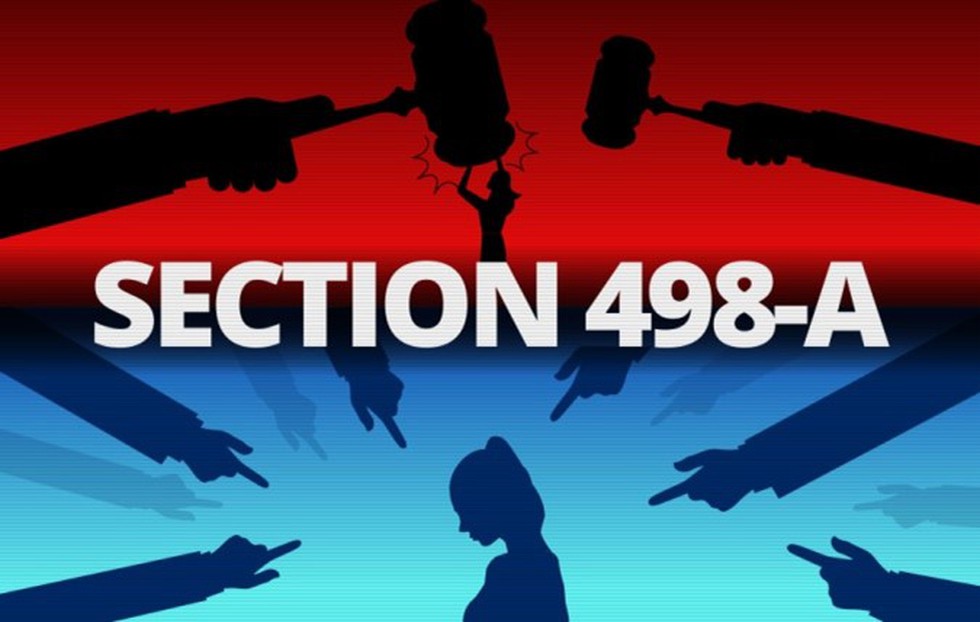About Section 498A of IPC:
- It deals with the criminal offense of "cruelty by husband or relatives of husband" towards a married woman.
- This section was introduced in 1983 as an amendment to the IPC to address the growing concern of domestic violence and harassment faced by married women in India.
- Under Section 498-A IPC, a husband or his relatives can be sentenced to a jail term of three years for subjecting the wife to cruelty.
- The section applies to married women only.
- Section 498A of IPC reads as “Whoever, being the husband or the relative of the husband of a woman, subjects such woman to cruelty shall be punished with imprisonment for a term which may extend to three years and shall also be liable to fine”.
- For the purposes of this section, 'cruelty' means:—
- any wilful conduct which is of such a nature as is likely to drive the woman to commit suicide or to cause grave injury or danger to life, limb or health (whether mental or physical) of the woman; or
- harassment of the woman where such harassment is with a view to coercing her or any person related to her to meet any unlawful demand for any property or valuable security or is on account of failure by her or any person related to her to meet such demand."
- The term “cruelty” is comprehensive, encompassing various forms of abuse that can be inflicted upon a married woman.
- Bail under Section 498A:
- Section 498A of the Indian Penal Code, enacted in 1860, is a non-compoundable and cognizable offence.
- Bail under Section 498A can only be granted by the Magistrate once a First Information Report (FIR) has been registered by the police based on a complaint filed by the aggrieved party.
- The Supreme Court has ruled that Section 498A should be used sparingly and only in cases where there is genuine evidence of cruelty.
- The court has also ruled that the section should not be used as a tool to settle personal scores.
Other Indian laws to help curb the instances of violence against women are,
- Protection of Women from Domestic Violence Act, 2005 (PWDVA);
- Dowry Prohibition Act, 1961;
- Sexual Harassment of Women at Workplace (Prevention, Prohibition, and Redressal) Act, 2013;
- Indian Penal Code (IPC) Amendments: Various amendments to the IPC have been made to address violence against women, including:
- Section 376: Dealing with punishment for rape, with stricter provisions for different types of rape offenses.
- Section 354: Addressing criminal assault or use of criminal force against women with intent to outrage her modesty.
- Section 354A: Dealing with sexual harassment and punishment for the same.
- Section 354D: Criminalizing stalking and providing punishment for the offense.
- Section 509: Dealing with words, gestures, or acts intended to insult the modesty of a woman.
- Criminal Law (Amendment) Act, 2013: This act was passed in response to the Nirbhaya case and brought significant changes to laws dealing with sexual offenses. It included provisions for stricter punishments for rape, gang rape, and acid attacks, among others.
